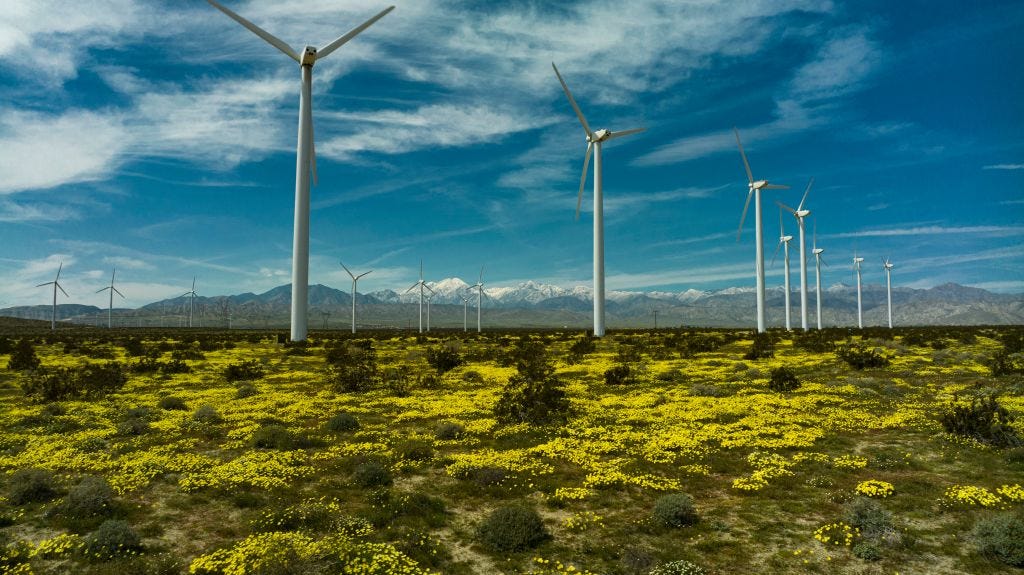ICYMI: Hope in dark times with Rebecca Solnit
Revisit our conversation with the activist, author, and philosopher of change on staying hopeful, and tending your garden
As we come to the end of a tumultuous 2024 and look ahead to 2025, it’s tempting to tune out; it's easy to give in to despair. Oligarchs dominate the national conversation, and the incoming administration threatens the freedoms we’ve taken for granted, with scant hope for relief to come from the courts or Congress. The new year, for many progressives, l…




